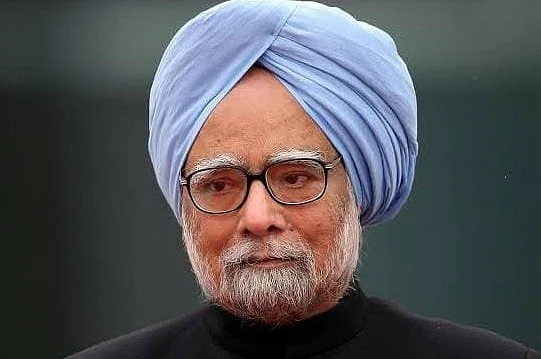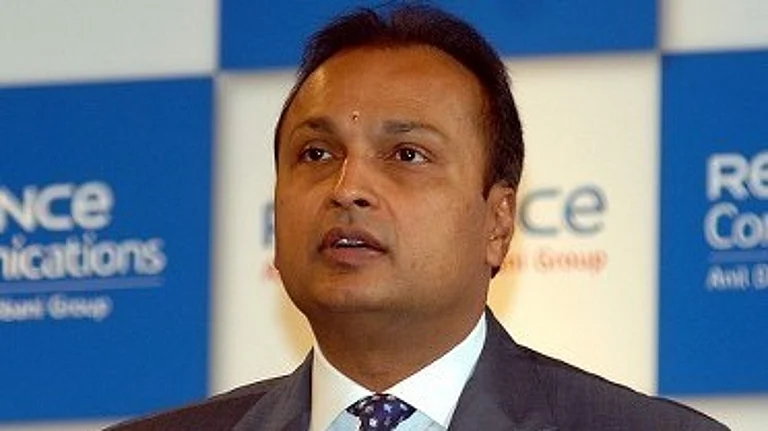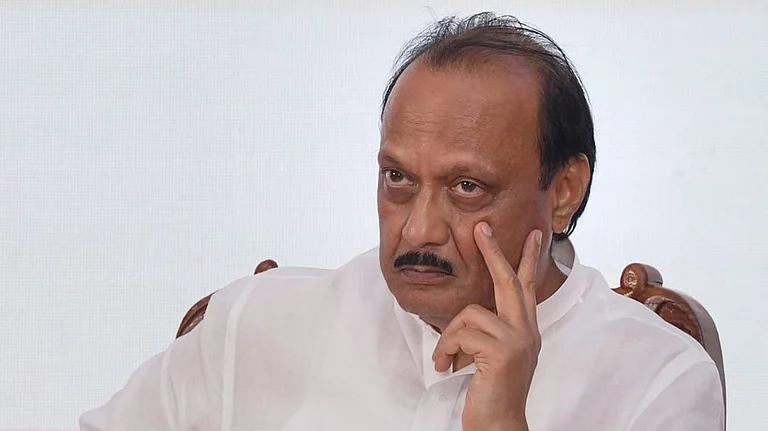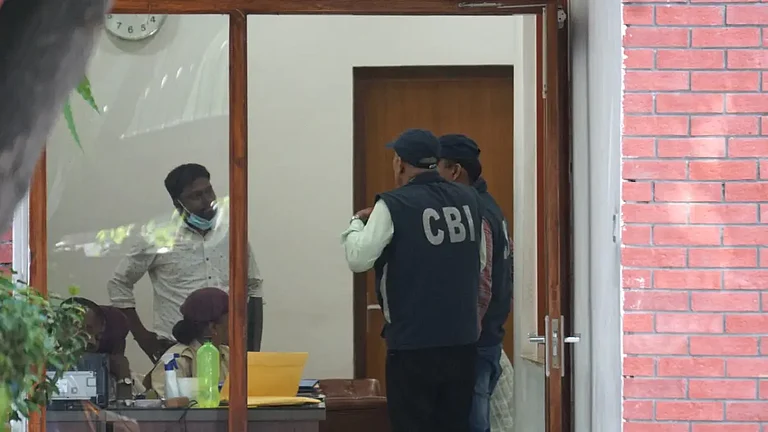Manmohan Singh, the former Prime Minister of India, passed away today, December 26, 2024, at the age of 92, leaving behind a profound legacy in the country’s political and economic landscape.
Singh was admitted to the emergency ward of AIIMS Delhi after his health deteriorated. In its medical bulletin, AIIMS Delhi said Singh was being treated for age-related medical conditions and had sudden loss of consciousness at home.
Born in 1932 in Gah, now in Pakistan, Singh’s rise from a humble village to becoming the architect of India’s economic transformation is nothing short of extraordinary.
He served as India’s Prime Minister for two terms from 2004 to 2014. He remained a member of the Rajya Sabha until April 2024. Singh rose to prominence as Finance Minister in 1991, introducing key economic reforms that transformed India’s economy. Sworn in as Prime Minister in 2004, he was re-elected for a second term in 2009.
He represented Assam in the Rajya Sabha for five years and later shifted to Rajasthan in 2019. His last major intervention in Parliament was a strong opposition to demonetization, calling it an “organized loot and legalized plunder.”
The Coal Controversy
Known for his economic reforms and calm leadership, Singh was widely respected for his integrity and technocrat approach to governance. Despite his distinguished career, there remains a controversial chapter: the CBI investigation into the coal scam case.
In March 2015, the former PM was summoned by a special CBI court as an accused in a case linked to the coal scam that saw mining rights being assigned without transparency to private companies.
The court ordered Singh, Hindalco chairman Kumar Mangalam Birla, former coal secretary PC Parekh and three others to appear on April 8, 2015.
"I am upset, but this is a part of life," Singh had told reporters then. He was being investigated for criminal conspiracy and breach of trust.
In 2015, the CBI filed its final report stating that there was "no prosecutable evidence against anyone." The case revolved around the allocation of a coal field in Odisha’s Talabira block in 2005 to Hindalco, part of the Aditya Birla Group, while Singh, who was the Prime Minister at the time, held direct charge of the Coal Ministry.
Initially, Hindalco was denied the coalfield, but the decision was later reversed. A 75-page court order revealed that Birla met with Singh, following which the PM’s Office allegedly "showed undue interest" and sent reminders to the Coal Ministry. The court also accused Singh of disregarding the recommendation of a screening committee that had advised allocating the coal field to Neyveli Lignite Corporation, a public sector entity.
In response, Hindalco denied any wrongdoing, stating that neither its officials nor Kumar Mangalam Birla pursued any unlawful means to secure the allocation.
The controversy, known as the ‘Coal-Gate’ scam, was brought to light after the national auditor’s 2012 report raised concerns over the government's practice of awarding coal blocks without competitive bidding.
However, in April 2015, the Supreme Court ordered a stay on trial court order summoning Manmohan Singh.
In October 2015, the court said that Coal Secretary Gupta kept Singh in the dark and charges were framed against Gupta and five others.
Legal Clarity
In 2017, a judgment by a special CBI court convicted three former coal ministry officials including Gupta, former joint secretary in coal ministry KS Kropha, and KC Samria, who was a director in charge of coal allocation, on one of the cases related to the coal scam also giving a huge relief to Singh.
A detailed order of the verdict said that aspects of non-compliance with guidelines regarding this coal block allocation were withheld from the Prime Minister.
During the court proceedings, Gupta argued that the "final approval" in the case had been granted by then-PM Manmohan Singh. However, the CBI rejected this claim, stating that Singh had been "kept in the dark" and misled.
While Singh was not charged or found guilty of any criminal activity in the scam, his leadership during the period of the controversial coal allocations came under intense scrutiny. The Coal Scam continues to be a defining moment in Indian politics, casting a shadow over Singh's otherwise respected reputation as an architect of economic reforms.
































